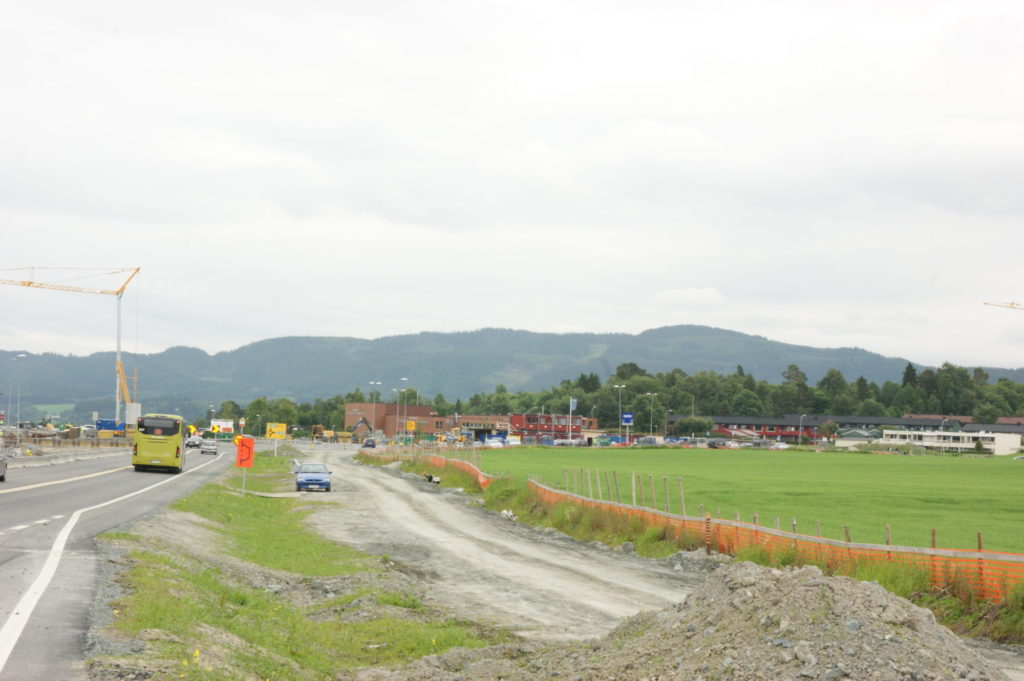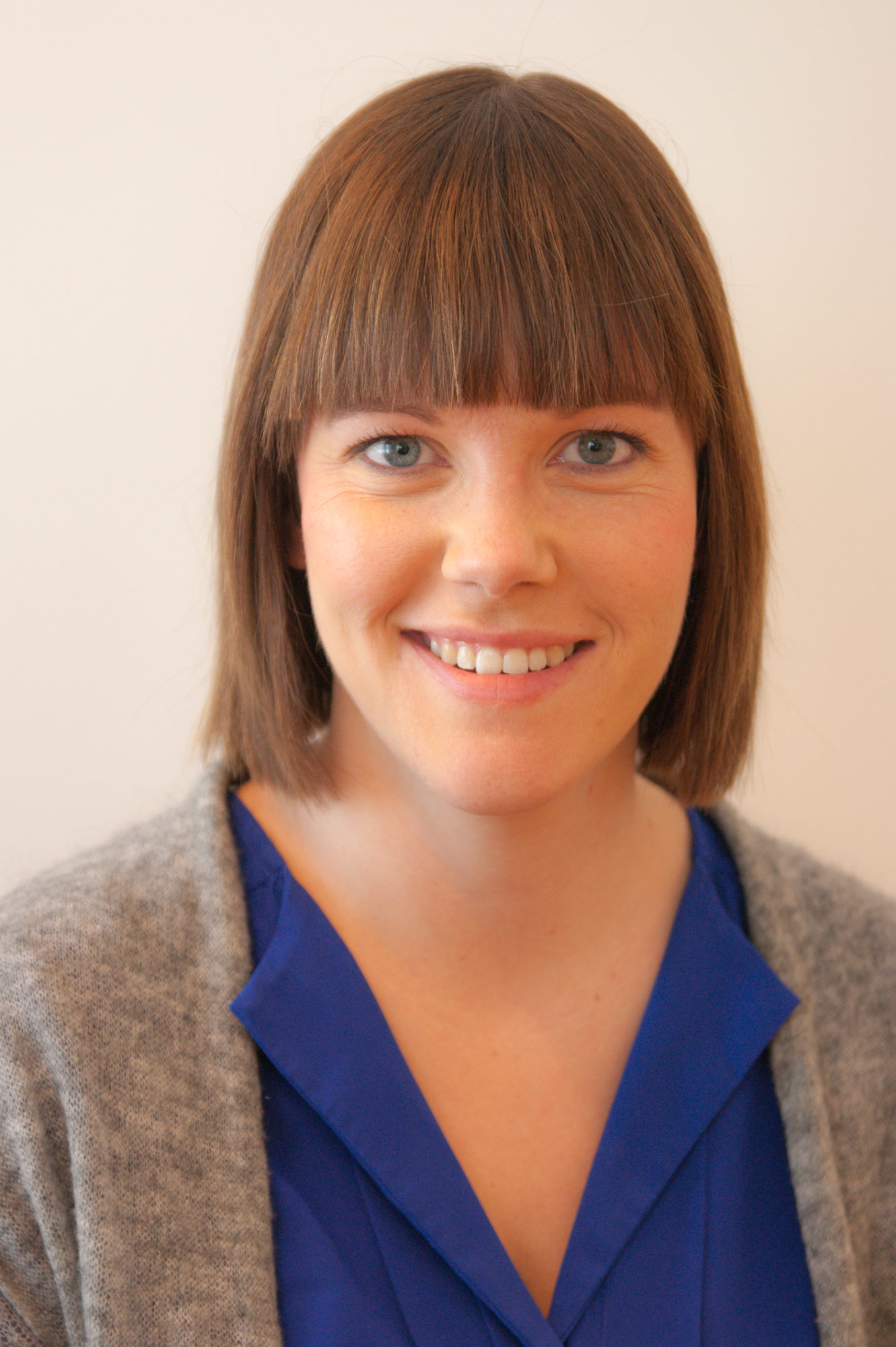This working group researches land as a critical concept for all social processes. It aims to provide a platform for discussing questions on the governance of rural places, and how land use types and management practices impact on social relations and vice versa. It will contribute to academic thinking on the overarching and connecting questions associated with the theme of ‘land’, to underpin the legitimacy of research on this topic, encourage future academic publications linking local to global, and to support collaborative relationship-building. This includes considering the new knowledge types required to develop responses to the key questions around land, how such knowledge can be captured through social science methodologies, identifying ‘failure factors’, and lessons to be learnt on how to orient more equal development across European regions.
Topic: Land is a resource that involves a complicated and often conflicting set of issues, relations, and actors. It is deeply embedded in emotions and moralities, as well as economies and government regulations. Land is vital as habitat for plants and animals, and as a resource base for agriculture. The potential for conflict becomes clear in a context of increased urbanization, structural changes in agriculture, and the financialization of natural resources. An emerging complex array of institutions and multi-level governance issues relate to adjustments in land-use and farm practices—in some respects these are contested and may endanger family farms and livelihoods—that promote sustainable agriculture, generate knowledge and innovation, and empower family farms to change and adapt to new societal and environmental needs. This working group seeks to consider the following questions:
- How can we foster ecological, economical and socially sustainable land use in the context of climate change, migration, and global population increase?
- What are the economic, ecological, political and socio-cultural barriers, drivers, and values influencing land management, from the local to the global level? What are the alternatives and opportunities?
- What new forms of knowledge are required? How can/should various forms of knowledge be integrated, and how do they influence land use governance processes?
We welcome empirical and theoretical contributions that unravel the diversity in evolving land-use practices on subject areas such as:
- Governance by measures, models, indicators and public payments
- Participation, democracy, sovereignty, and power
- The relationship between nature conservation and farming
- Land practices and challenges in different agricultural production systems
- Innovation and implementation in policies, institutions, and law
Format: A session host will introduce the working group theme (5 minutes), followed by presentations (3-8 minutes) by contributors. After answering clarifying questions, the discussion moves on to an open, moderated discussion involving the audience. Short papers submitted in advance of the conference will receive timely feedback.
| Session # | Time and place | Session title | Presenters | Convenor |
| Session 1 | Wednesday June 26. 2019 | Land rights and ownership | Joshi | |
| 09:00- 10:30 | Dobeson | Heidi Vinge | ||
| Sommer | ||||
| Meet at: COSMOS 3C | Robbie | |||
| Session 2 | Wednesday June 26. 2019 | Land reforms | Davies-Smith | |
| 11:00- 12:30 | McKee et al | Annie McKee | ||
| Calo and Shields | ||||
| Meet at: COSMOS 3C | Miletíc et al | |||
| Kovacs, Katalin et al | ||||
| Session 3 | Thursday June 27. 2019 | Perceptions and policies | Tall | Pierluigi Milone |
| 09:00- 10:30 | Parsons and Ostaig | |||
| García et al | ||||
| Meet at: COSMOS 3C | Meredith | |||
| Schermer | ||||
| NB: Only session with 6 papers, will keep it this way due to very short pres from Kala | Kala | |||
| Session 4 | Thursday June 27. 2019 | Governance and innovation | Campbell and Lawrence | Paul Swagemakers |
| 11:00- 12:30 | Vetter | |||
| Muñoz-Rojas et al | ||||
| Meet at: COSMOS 3C | Home | |||
| Flanigan et al | ||||
| Session 5 | Thursday June 27. 2019 | Farm structure | Kovach, Imre | Flaminia Ventura |
| 14:00- 15:30 | Heike Johansen and Schou | |||
| Magnan | ||||
| Meet at: COSMOS 3C | Strube | |||
| Grando et al |
Abstracts
Working Group Session 1 Wed 09:00 – 10:30
- Richa Joshi – Land Rights through the Lens of Gender: A Case Study of Rana Tharu in Uttarakhand
- Alexander Dobeson – Landscapes of valuation
- Felicitas Sommer – Speculating about Land Ownership? How (In)transparency of Agrarian Structures is negotiated
- Jill Robbie – Ownership in a Social and Constitutional Context: Comparing Scotland and Norway
Working Group Session 2 Wed 11:00 – 12:30
- Emilybeth Davies-Smith – An Examination of the Methods of Resistance by Rural Communities to the Imposition of Urbanisation and the Development of HS2
- Annie McKee – Increasing land availability for new entrants to agriculture in Scotland: A progressive property rights perspective
- Adam Calo – The boundaries of land reform: The Scottish model applied to a US context
- Geran-Marko Miletić – Community participation in development of second home areas in Croatia: the roll of local social relations
- Katalin Kovács – Beyond the economic dimension – the social and environmental impact of a Producer Organisation
Working Group Session 3 Thur 09:00 – 10:30
- Ismaël Tall – Agri-environmental Governance in New Zealand: Exploring Farmers’ Responses to Local Government-led Policies
- Gavin Parsons – Can local governance and land ownership encourage innovation in agricultural practice? case-studies from North-west Scotland and Norway
- Domínguez García – On styles of farming and sustaining land-use: the potentials of beef cattle production in the mountainous county Os Ancares (Galicia, Spain)
- David Meredith – The social ecology of HNV Farmland: Evaluating the role of farmer and farm characteristics and the implications for agricultural policy
- Markus Schermer – The impact of market regulations concerning animal welfare on landuse
- Lukas Kala – Agroforestry Development: Barriers to Planting Trees in the Czech Agricultural Landscape
Working Group Session 4 Thur 11:00 – 12:30
- Hugh Campbell – Agricultural Science and Education: Using Farm Education Texts to reveal the Ontology of Modernist Farming
- Thomas Vetter – Nudging ‘good’ land management practices through co-production? An anthropological analysis of collaborative governance in the context of agricultural diffuse pollution
- José Muñoz-Rojas – Discussing more innovative governance options to tackle the complexity of (rural) land-use change in the Alentejo (Portugal)
- Robert Home – Understanding interactive innovation
- Sharon Flanigan – Working together towards ‘good farming’: developing community, collaboration and ‘best’ practice through on-farm demonstration
Working Group Session 5 Thur 14:00 – 15:30
- Imre Kovách – The concentration of land use and family farming in Hungary
- Pia Heike Johansen – Synergy and conflict between goals by multifunctional land consolidation project – a learning and democratic tool for engaging stakeholders
- André Magnan – Farmland investment and ownership concentration in Saskatchewan, Canada
- Johann Strube – Material land ownership in the Rainy River watershed
- Stefano Grando – An empirically grounded theoretical framework for the analysis of small farms contribution to food and nutrition security


